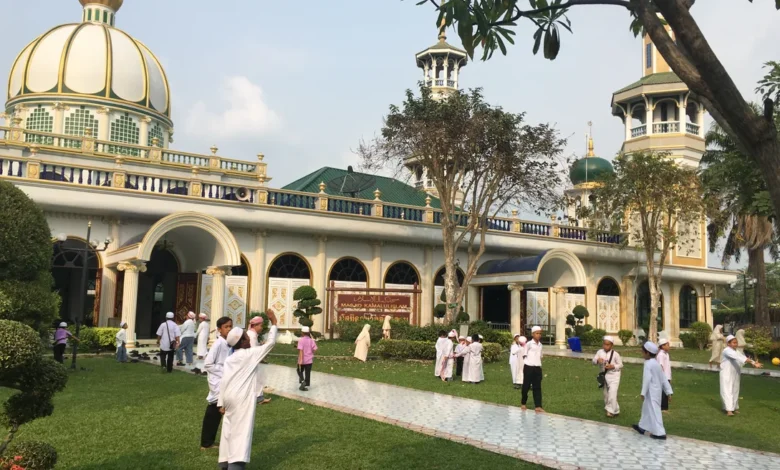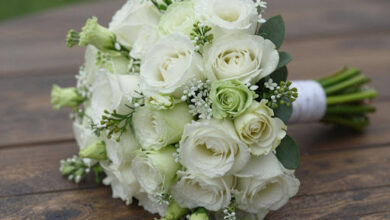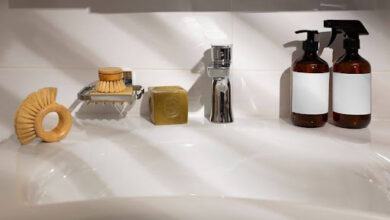Exploring the Muslim Community in Bangkok: Culture, Cuisine, and Faith

Bangkok, the bustling capital of Thailand, is renowned for its vibrant culture, colorful street life, and ornate temples. But nestled within this dynamic city lies a thriving and historic Muslim community in Bangkok that offers a different, enriching cultural experience for both locals and visitors. The Muslim area in Bangkok is a blend of religious tradition, culinary excellence, and centuries-old heritage, proving that Bangkok is a truly diverse metropolis.
A Historical Glimpse into Bangkok Islam
The history of Bangkok Islam dates back to the early Ayutthaya period, when Muslim merchants from Persia, India, and the Malay world began settling in the region. Over time, these communities flourished, contributing to trade, governance, and cultural life. Today, many of these communities remain intact, especially in areas like Bang Rak, Phra Nakhon, and the famous Ban Krua Muslim quarter. These neighborhoods are home to generations of Muslims who have lived there for over 200 years, preserving Islamic customs and a peaceful coexistence with their Buddhist neighbors.
Cultural Centers and Mosques
Walking through the Muslim area in Bangkok, visitors can explore beautiful mosques such as Haroon Mosque in Bang Rak and the Al-Falah Mosque in Sathorn. These places are not only centers of worship but also community hubs where locals gather for prayer, education, and celebrations. Friday prayers draw large crowds, showcasing the close-knit nature of the Muslim community in Bangkok. These spaces also offer insight into the religious and social life of Thai Muslims and reflect how Islam harmonizes with the broader Thai culture.
Halal Cuisine and Traditional Markets
One of the most delightful aspects of visiting the Muslim districts is the chance to explore authentic halal Thai cuisine. The Muslim food scene in Bangkok is rich with flavor, drawing from both Thai and Middle Eastern influences. Visitors can enjoy dishes such as beef satay, massaman curry, biryani, and roti with condensed milk—all prepared according to halal standards.
In the Ban Krua neighborhood, small family-run eateries serve recipes passed down through generations. Meanwhile, the Grand Souq Dammam-inspired halal markets echo similar vibes, where visitors can shop for spices, fabrics, and traditional attire in a friendly, modest setting.
Preserving Identity Through Community Initiatives
The Muslim community in Bangkok is deeply involved in initiatives to preserve their cultural and religious identity while contributing positively to Thai society. Community centers often run Arabic and Quran classes for children, host interfaith dialogues, and engage in charity work during Ramadan and Eid. These efforts highlight how Bangkok Islam is not only a religious identity but also a cultural force that nurtures unity, education, and mutual respect in a multicultural setting.
A Welcoming Destination for Muslim Travelers
As interest in Muslim-friendly travel grows globally, Bangkok has stepped up to provide services catering to this demographic. The city offers halal-certified hotels, prayer rooms in shopping malls, and signs in Arabic and English in key areas. This makes Bangkok a convenient and comfortable destination for Muslim tourists who want to enjoy the city’s attractions without compromising their faith.


